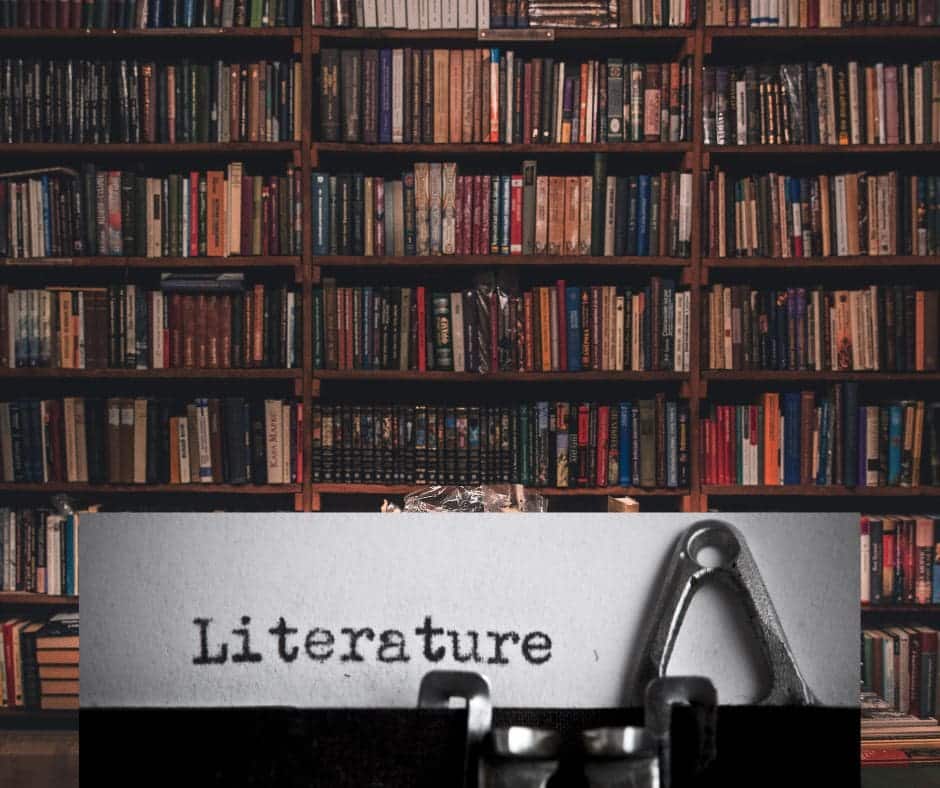Costa Rican literature is a vibrant tapestry woven with the threads of the country’s lush landscapes, rich history, and diverse cultural heritage. Through the voices of its esteemed authors and poets, Costa Rica has produced a body of literature that resonates deeply with both local and international readers. This article explores some of the most influential writers from Costa Rica, examining how their works capture the essence of the nation’s spirit, and highlighting common themes that permeate their writings.
Pioneering Voices: Aquileo J. Echeverría and Joaquín García Monge
One cannot delve into Costa Rican literature without acknowledging Aquileo J. Echeverría, whose works in the late 19th and early 20th centuries set a foundational narrative style deeply rooted in the Costa Rican experience. His collection of short stories, *Cuentos Ticos*, remains a seminal work that captures the idiosyncrasies of rural life. Through vivid descriptions and authentic dialogue, Echeverría brings to life characters that embody the Costa Rican ethos.
Another pioneering figure, Joaquín García Monge, editor of the influential literary magazine *El Repertorio Americano*, significantly shaped intellectual thought in Central America. His commitment to social issues and education is evident in his narratives, which often explore themes of justice and human rights.
Modern Narratives: Quince Duncan and Anacristina Rossi
Quince Duncan stands as a towering figure in contemporary Costa Rican literature, known for his poignant storytelling that addresses the complexities of identity and racial discrimination. His novel *A Message from Rosa* tells the story of an Afro-Costa Rican family, highlighting the nuanced intersections of race, culture, and heritage in Costa Rica. Duncan’s prose is a contemplative reflection on societal structures, offering a narrative both local in context and universal in theme.
Anacristina Rossi, meanwhile, is celebrated for her environmental and feminist perspectives. Her best-known work, *La Loca de Gandoca*, deals with environmental activism against the backdrop of Costa Rican legislation. Rossi’s narrative is a fervent call to protect the natural beauty of Costa Rica, making a compelling case through the eyes of a passionate protagonist.
Poetic Landscapes: Eunice Odio and Laureano Albán
Costa Rican poetry also echoes the nation’s verdant scenery and vibrant traditions. Eunice Odio, one of the most important poets of Central America, uses her poetry to traverse internal and external landscapes. Her work is known for its intense lyricism and profound depth, exploring themes of solitude, existence, and the human condition.
Laureano Albán’s poetry, rich with imagery of the Costa Rican rainforest, celebrates the natural world while pondering the spiritual and philosophical. His collection *Cantos de Cifar y del Mar Dulce* is a poetic exploration of the mythic and the everyday, connecting the soul of the reader with the spirit of the land.
Common Themes in Costa Rican Literature
Costa Rican literature frequently explores themes such as the preservation of nature, the struggle for social justice, the richness of rural life, and the search for national identity. These themes are a reflection of the country’s diverse ecosystems and its complex social fabric.
Voices from the Rainforest
Costa Rican authors and poets serve as cultural ambassadors, sharing stories that inspire and provoke thought about the human condition and the natural environment. Their works stand as a testament to the power of literature to transcend boundaries and connect us to the essence of our world.







